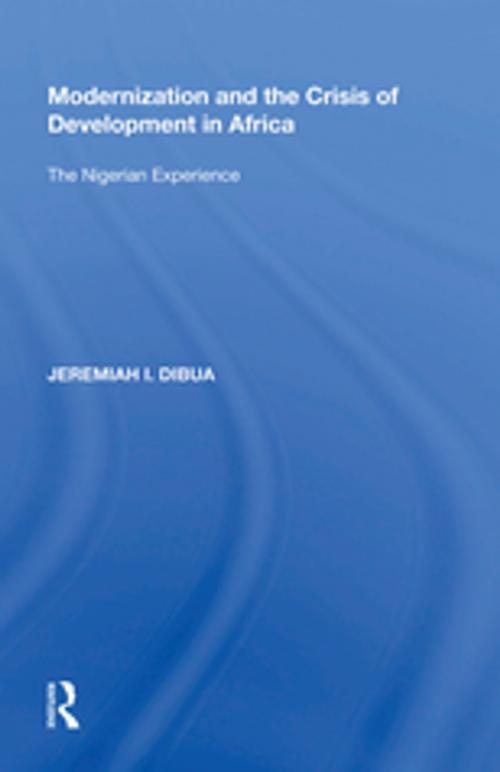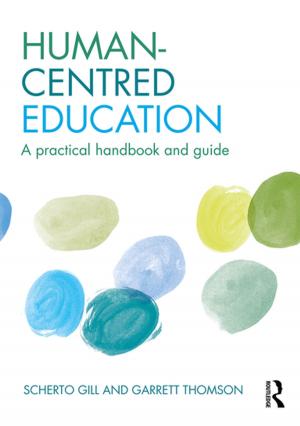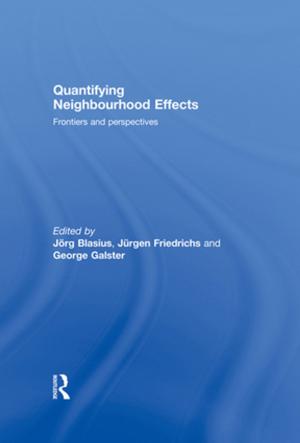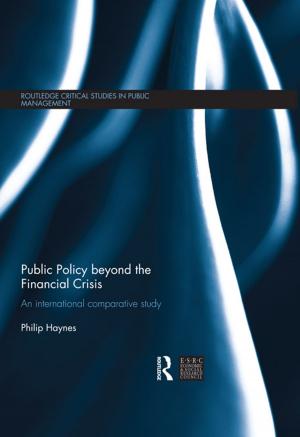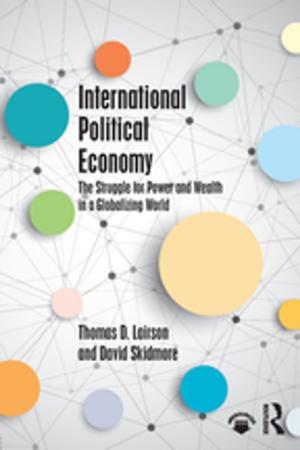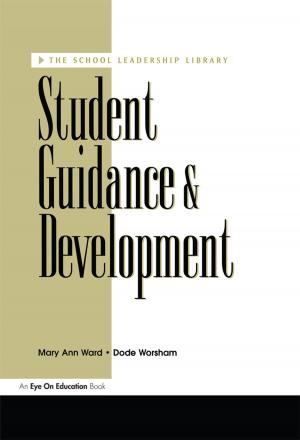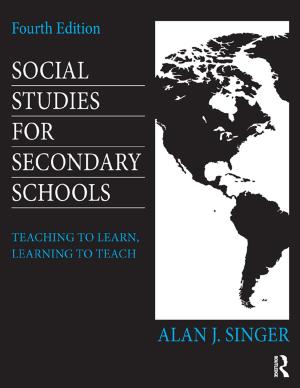Modernization and the Crisis of Development in Africa
The Nigerian Experience
Nonfiction, Social & Cultural Studies, Social Science, Sociology| Author: | Jeremiah I. Dibua | ISBN: | 9781351152907 |
| Publisher: | Taylor and Francis | Publication: | November 28, 2017 |
| Imprint: | Routledge | Language: | English |
| Author: | Jeremiah I. Dibua |
| ISBN: | 9781351152907 |
| Publisher: | Taylor and Francis |
| Publication: | November 28, 2017 |
| Imprint: | Routledge |
| Language: | English |
In this book, Jeremiah I. Dibua challenges prevailing notions of Africa's development crisis by drawing attention to the role of modernization as a way of understanding the nature and dynamics of the crisis, and how to overcome the problem of underdevelopment. He specifically focuses on Nigeria and its development trajectory since it exemplifies the crisis of underdevelopment in the continent. He explores various theoretical and empirical issues involved in understanding the crisis, including state, class, gender and culture, often neglected in analysis, from an interdisciplinary, radical political economy perspective. This is the first book to adopt such an approach and to develop a new framework for analyzing Nigeria's and Africa's development crisis. It will influence the debate on the development dilemma of African and Third World societies and will be of interest to scholars and students of race and ethnicity, modern African history, class analysis, gender studies, and development studies.
In this book, Jeremiah I. Dibua challenges prevailing notions of Africa's development crisis by drawing attention to the role of modernization as a way of understanding the nature and dynamics of the crisis, and how to overcome the problem of underdevelopment. He specifically focuses on Nigeria and its development trajectory since it exemplifies the crisis of underdevelopment in the continent. He explores various theoretical and empirical issues involved in understanding the crisis, including state, class, gender and culture, often neglected in analysis, from an interdisciplinary, radical political economy perspective. This is the first book to adopt such an approach and to develop a new framework for analyzing Nigeria's and Africa's development crisis. It will influence the debate on the development dilemma of African and Third World societies and will be of interest to scholars and students of race and ethnicity, modern African history, class analysis, gender studies, and development studies.
